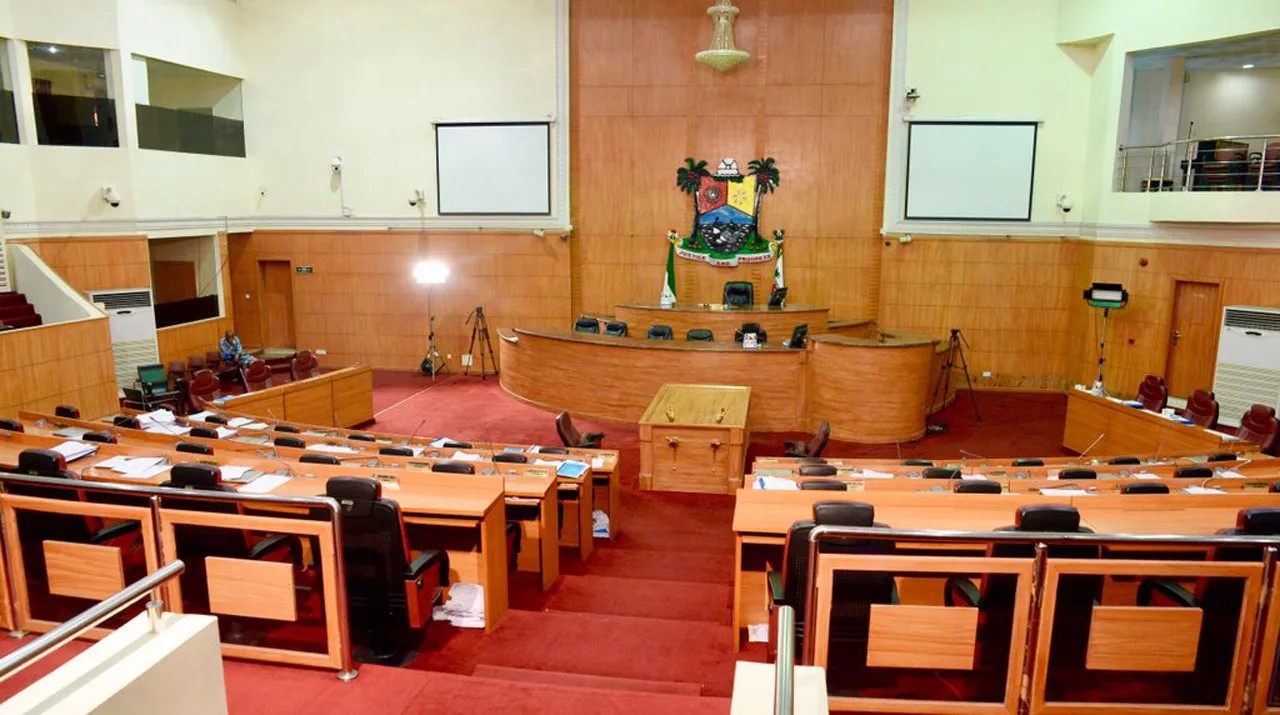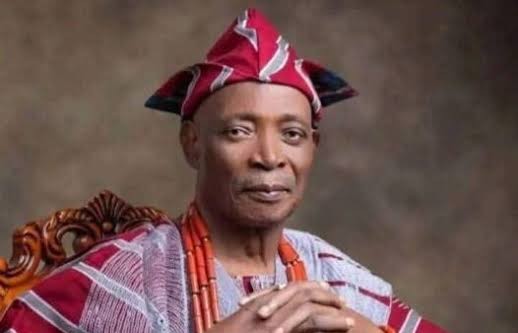
The Secretary of the Independent Investigative Panel on the Alleged Corruption, Abuse of Power, Torture, Cruel, Inhumane, and Degrading Treatment of Inmates against the Nigerian Correctional Service (NCoS), Dr. Uju Agomoh, has stressed that the media and Civil Society Organizations (CSOs) are pivotal in driving and sustaining reforms in Nigeria’s correctional sector as change agents and pressure groups.
She stated this at the weekend while holding a session of presentations from CSOs and the media at the ongoing Second Public Hearing of the Investigative Panel in Abuja.
Dr. Agomoh, who is also the Founder and Chief Executive Officer (CEO) of the Prisoners’ Rehabilitation and Welfare Action (PRAWA), said, “The media is a very important partner if we want to sustain our reforms in the correctional centres. That is why we are also letting the media make recommendations to this panel because, for us, the media is part of the civil society organizations working to end corruption, inhumane treatment, and all forms of abuse allegations against the correctional system in Nigeria.”
She added, “As part of the panel’s work, we have a daily briefing with the media because if we want reforms, we must ensure that the frequency and quality of reportage on issues being discussed on correctional reforms are well presented. This is the only time policymakers will take correctional service reforms very seriously.
“This doesn’t come easy, but it can be achieved through coordinated media reportage. This is a golden opportunity for the NCoS and Nigerians to understand the issues affecting the agency, and the panel is open to hearing input from everyone.”
Responding to queries on the lack of access to correctional centres by journalists for on-site reports as eyewitnesses, Dr. Agomoh explained that custodial facilities have always been restricted, even to CSOs. However, years of advocacy have opened up some space in terms of access to such facilities.
She said, “I quite understand how challenging it is to be allowed into custodial centres because PRAWA’s very first audiovisual, titled Echoes from Prisons, was shot inside a correctional facility. Subsequently, we tried to organize some kind of training in partnership with the NCoS for 52 journalists from 51 media houses.
“It was during this training that some journalists, for the first time, went into the facilities. Although the NCoS explained that they work on a command structure and cannot grant access or interviews without authorization, perhaps what needs to happen is a stronger synergy within that structure.”
READ ALSO:Nigerian Correctional Service promotes 120 officers in Edo
In her summary of the day’s session, she pointed out that a number of CSOs raised concerns over allegations that correctional officers were not delivering donations—including food, medical supplies, and toiletries—to inmates, instead diverting them for personal use. However, the NCoS stated that while it does not deny the existence of ‘bad eggs’ in the service, donations made to inmates are handed over to them and are usually presented in the presence of the donors, who are often Non-Governmental Organizations (NGOs).
She said the CSOs also highlighted the importance of a credible database for all interventions, including donations to correctional facilities, to ensure transparency and acknowledge the efforts of those supporting the agency.
Other key points raised included the role of academia in strengthening the service, the need to scrutinize the reward system and training of correctional personnel, concerns over their security, and the provision of basic amenities.
Earlier, the Acting Controller General of the NCoS, Sylvester Nwakuche, said that civil society organizations are the lifelines of the agency because they serve as change agents capable of addressing critical issues concerning the Nigerian Correctional Service. He noted that, as civil servants, correctional officers may not be able to directly challenge the government on certain issues.
Represented by the Assistant Controller General of the Legal Department, Ibrahim Idris, Nwakuche stated, “These organizations—the NGOs and CSOs—are our lifeline,” emphasizing that partnerships and collaborations with civil society cannot be underestimated.






